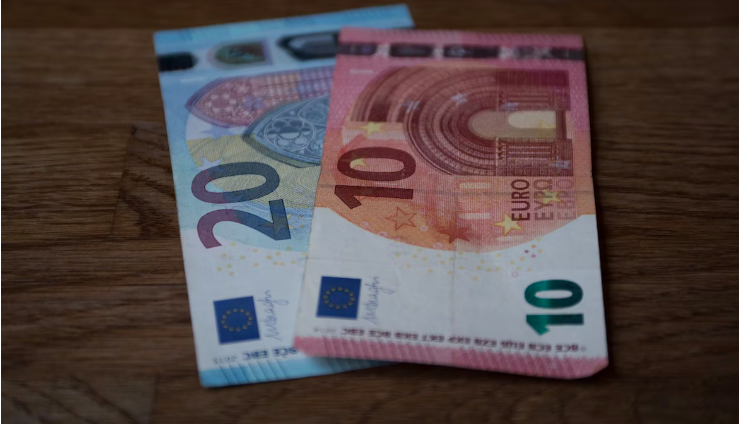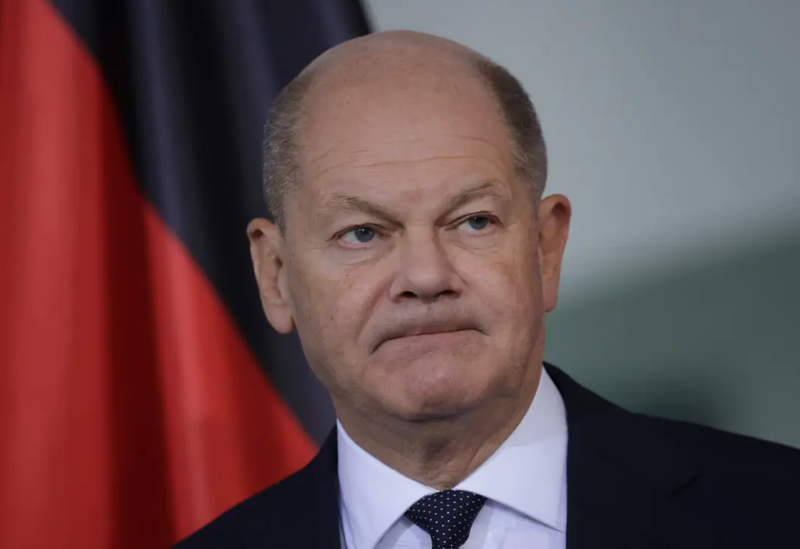Germany Enters Recession as Consumer Spending Tumbles
Germany’s economy has underperformed forecasts, shrinking by 0.3% in the first quarter of 2023 after contracting by 0.5% in the final three months of 2022. These two consecutive periods of contraction mean Europe's largest economy has entered a recession.

Facts
- Germany’s economy has underperformed forecasts, shrinking by 0.3% in the first quarter of 2023 after contracting by 0.5% in the final three months of 2022. These two consecutive periods of contraction mean Europe's largest economy has entered a recession.1
- Germany’s Federal Statistical Office initially predicted that the economy would narrowly avoid a technical recession with gross domestic product (GDP) stagnating in the quarter. However, unrelenting inflation caused increased prices and a resulting decrease in consumer spending.2
- Household expenditure was down 1.2% in 2023’s first quarter as families needed to save money to account for soaring energy prices. While gas has become more expensive, the price of natural gas has returned to levels from before the Russia-Ukraine war.3
- Finance Minister Christian Lindner said the new GDP numbers showed “surprisingly negative signals," as Germany continues to manage its previously high dependence on Russian energy and immense inflation. Germany has cut government spending by 4.9% while maintaining a tight monetary policy so far in 2023.4
- While a strong economic recovery doesn’t appear to be in the cards, Germany did see a growth in private sector investment and construction. Dutch banking executive Carsten Brzeski says this wasn’t “the worst-case scenario” but added that the German economy will have to deal with its current problems for years.5
- Berlin's year-over-year inflation for April sits at 7.2%, as other developed countries around the world struggle with similar problems. The US and eurozone both reported very uninspiring growth numbers, yet the UK defied International Monetary Fund expectations by avoiding a recession.6
Sources: 1BBC News, 2ABC News, 3CNN, 4Reuters, 5Guardian, and 6Associated Press.
Narratives
- Narrative A, as provided by Daily Mail. Germany’s economy is collapsing and, while some German bankers and bureaucrats may try to project confidence in a swift recovery, there's no evidence to suggest that Germany’s economic outlook will improve. German leaders have shown they have no idea how to tackle inflation, and unfortunately, consumers will be bearing the burden of high prices for the foreseeable future.
- Narrative B, as provided by BNN. While it's disappointing to see that Germany’s economy has met the technical definition of a recession, there's no reason to panic. Investments continue to grow, and the European Central Bank will continue its fight against inflation. Poor GDP growth is definitely not a positive, but it’s not the primary concern as Berlin looks to lower prices and increase consumer spending — these actions will bring the entire economy back to normal.






